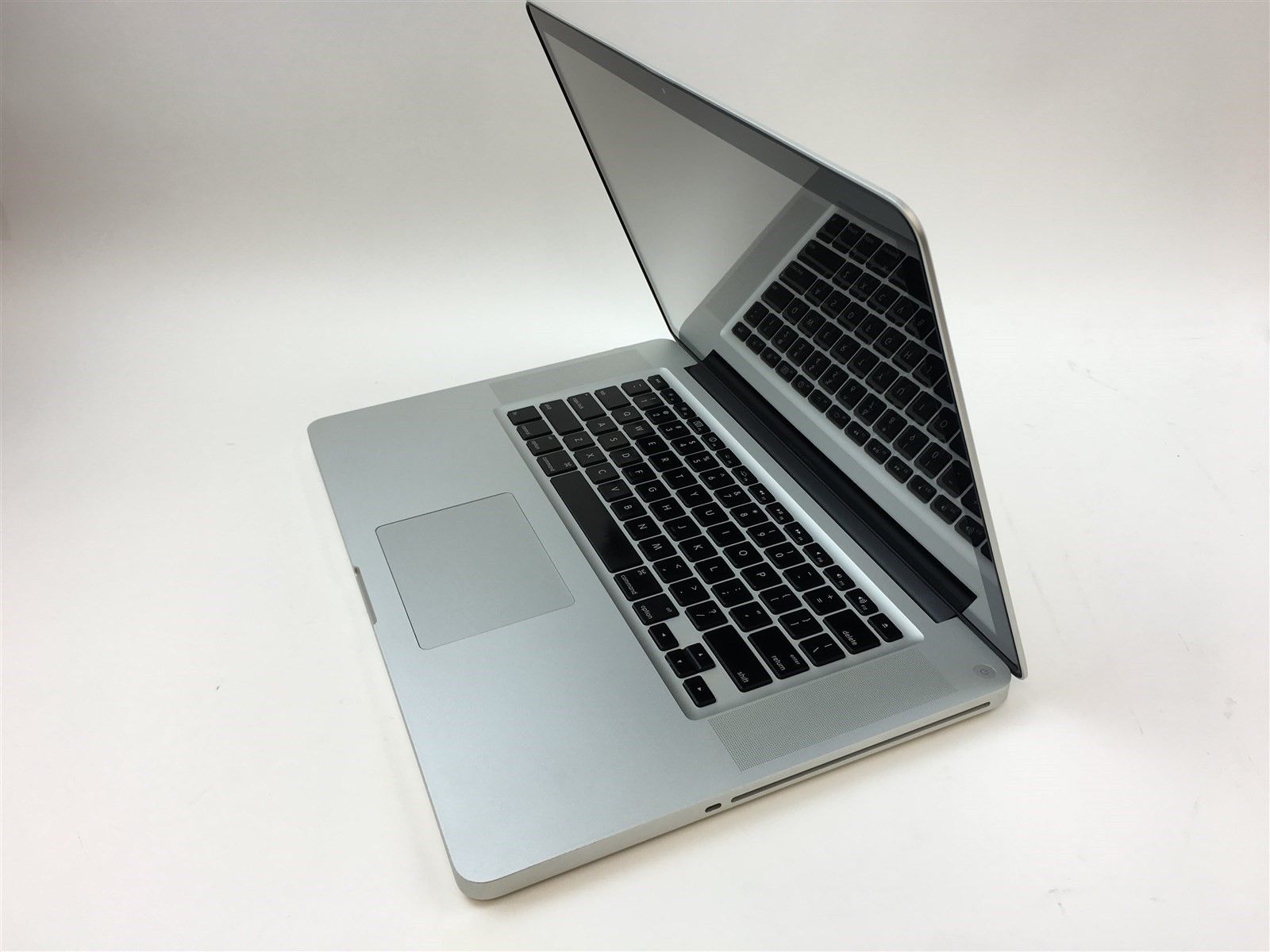
#RAM FOR MAC PRO 2009 PRO#
It has up to a 28-core Xeon-W processor, eight PCIe slots, AMD Radeon Pro Vega GPUs, and replaces most data ports with USB-C and Thunderbolt 3. In December 2019, the third-generation Mac Pro returned to a tower form factor reminiscent of the first-generation model, but with larger air cooling holes. Limitations of the cylindrical design prevented Apple from upgrading the second-generation Mac Pro with more powerful hardware. Reviews initially were generally positive, with caveats. Thunderbolt 2 ports brought updated wired connectivity and support for six Thunderbolt displays.
#RAM FOR MAC PRO 2009 SERIES#
It had up to a 12-core Xeon E5 processor, dual AMD FirePro D series GPUs, PCIe-based flash storage, and an HDMI port. The company said it offered twice the overall performance of the first generation while taking up less than one-eighth the volume. In December 2013, Apple released the second-generation Mac Pro with a new cylindrical design. Revisions in 20 revisions had Nehalem/ Westmere architecture Intel Xeon processors. It was replaced on April 4, 2007, by a dual quad-core Xeon Clovertown model, then on January 8, 2008, by a dual quad-core Xeon Harpertown model. Introduced in August 2006, the first-generation Mac Pro had two dual-core Xeon Woodcrest processors and a rectangular tower case carried over from the Power Mac G5. It is one of four desktop computers in the current Macintosh lineup, sitting above the Mac Mini and iMac and Mac Studio.

The Mac Pro, by some performance benchmarks, is the most powerful computer that Apple offers.

Mac Pro is a series of workstations and servers for professionals that are designed, developed and marketed by Apple Inc. Intel Xeon-W Cascade Lake (current release)
/MacProG50910-571529473df78c3fa2d0f631.jpg)


 0 kommentar(er)
0 kommentar(er)
